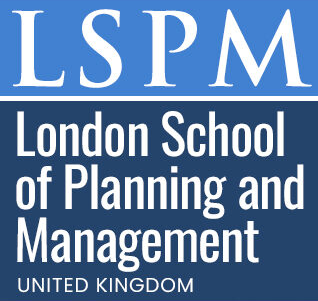Advanced Certificate in Circular Economy Strategies
Published on June 28, 2025
About this Podcast
HOST: Welcome to our podcast, today I'm excited to be talking with an expert in the field of circular economy strategies. Can you tell us a bit about your background and how you got involved in this area? GUEST: Sure, I've been working in sustainability for over 15 years, and the concept of the circular economy has always been a passion of mine. I've had the opportunity to implement circular strategies in various industries and now I'm thrilled to be teaching the Advanced Certificate in Circular Economy Strategies. HOST: That's fantastic! The course is described as covering various aspects of circular economy strategies, including design, supply chain management, and end-of-life solutions. Can you share an example of a real-world application that learners can expect to explore? GUEST: Absolutely, one example we discuss is the concept of remanufacturing. This is when a product is disassembled, its components are cleaned, repaired, and reused to create a product that's as good as new. It's a powerful strategy that reduces waste, saves resources, and creates value for businesses. HOST: That's fascinating! With the increasing focus on sustainability, what current industry trends are most relevant to this course? GUEST: There are a few key trends. First, the shift towards renewable energy and materials. Second, the growing interest in product-as-a-service models, where companies retain ownership of products and provide them as a service to customers. And third, the development of digital technologies that enable better tracking and optimization of resources. HOST: Those are definitely hot topics. I imagine there must be challenges in implementing circular strategies. Can you share any common obstacles that learners might face? GUEST: Yes, one challenge is changing mindsets. People are used to linear thinking and it can be difficult to shift to a circular mindset. Another challenge is measuring the impact of circular strategies. It's not always easy to quantify the benefits, but it's crucial for making a business case. HOST: That's a great point. Finally, looking to the future, where do you see the field of circular economy strategies heading? GUEST: I believe we'll see more and more businesses adopting circular strategies as they realize the benefits. We'll also see new business models emerge, and I expect digital technologies to play a big role in enabling circular solutions. HOST: Well, thank you for sharing your insights and giving us a glimpse into the Advanced Certificate in Circular Economy Strategies. It's clear that this course is not only timely but also crucial for professionals looking to advance their careers and contribute to a more sustainable future.
